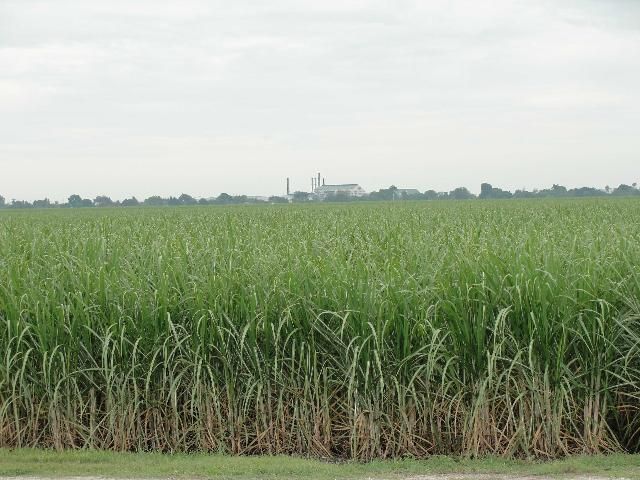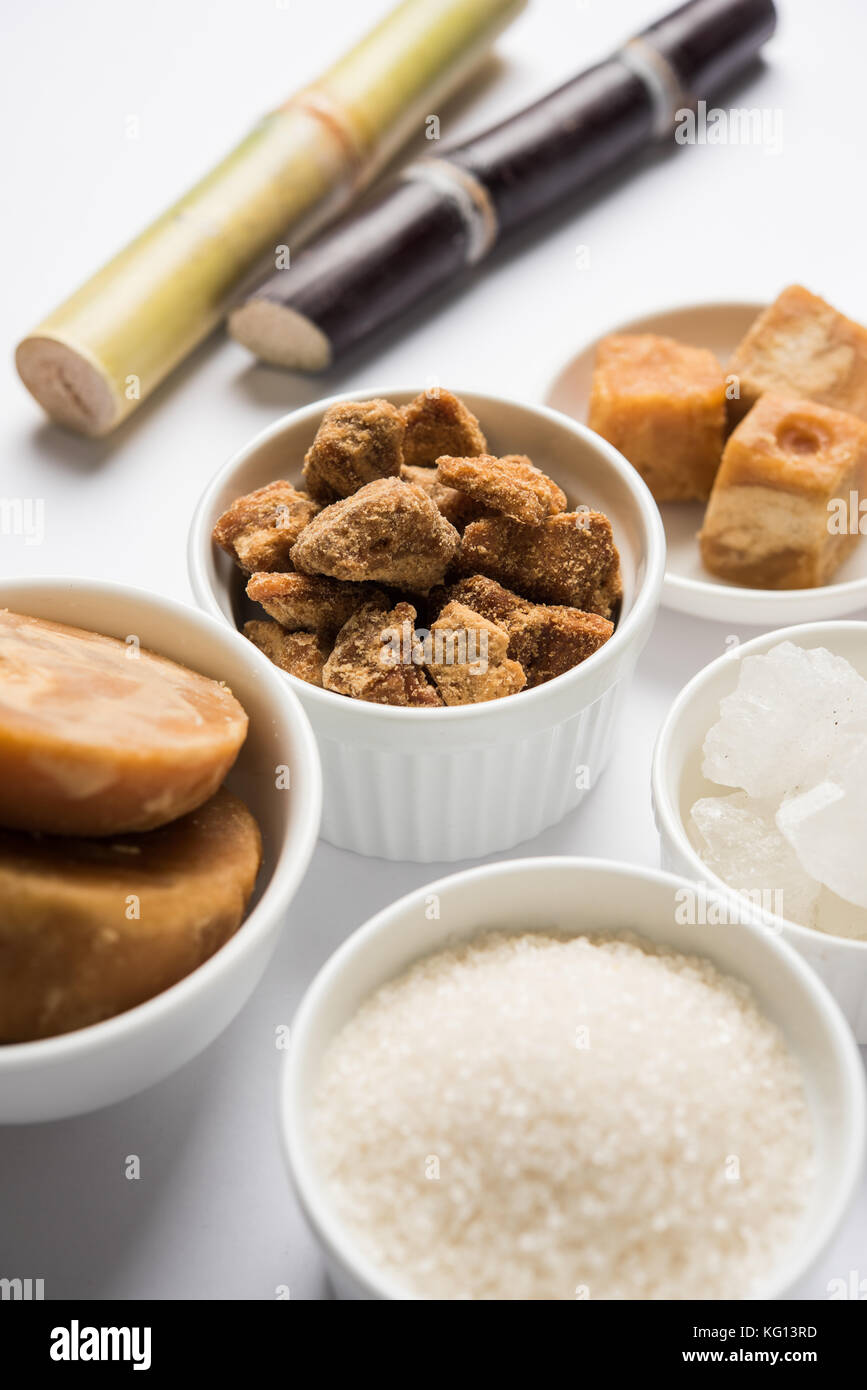Sustainable Sugarcane Products: From Sweeteners to Eco-Friendly Item
The capacity of sustainable sugarcane products extends beyond traditional sweeteners to encompass a series of eco-friendly goods, presenting an engaging case for their combination into contemporary consumer techniques - sugarcane product. As the globe grapples with pressing ecological problems, sugarcane becomes a versatile source with the ability of resolving both nutritional requirements and sustainability goals. This conversation will certainly check out exactly how developments in sugarcane cultivation and handling can cause considerable developments in naturally degradable packaging and eco-conscious fabrics. What ramifications might these developments have for future customer options and environmental impact?
Introduction of Sugarcane Sustainability
As the need for eco friendly products expands, understanding sugarcane sustainability comes to be significantly essential. Sugarcane, a functional crop, is cultivated largely in tropical and subtropical areas, and its sustainability is vital for both environmental wellness and economic feasibility. Lasting sugarcane farming practices concentrate on reducing ecological effect while making best use of productivity and earnings.
Trick facets of sugarcane sustainability include reliable land use, decreased chemical input, and boosted water monitoring. Practices such as crop turning, incorporated pest management, and organic fertilization add to soil health and biodiversity. Furthermore, ingenious modern technologies, such as accuracy farming, help optimize resource use and decrease waste.
Furthermore, sugarcane is a sustainable source, with byproducts that can be made use of in numerous sectors, from biofuels to biodegradable plastics, thus minimizing dependence on fossil gas and lessening carbon impacts. Qualifications like the Bonsucro basic urge lasting techniques throughout the supply chain, advertising openness and accountability.

Sugarcane-Based Sugar
Making use of sugarcane as a key resource, sugarcane-based sweeteners have gained importance as all-natural options to synthetic sugar and polished sugars (sugarcane product). These sugar, originated from the extraction and handling of sugarcane juice, provide a variety of items that deal with varied consumer preferences, consisting of natural and minimally refined choices
Raw walking stick sugar keeps even more of the natural flavors and nutrients located in sugarcane, making it a favored selection for health-conscious consumers. Panela, a traditional Latin American sweetener, is generated by evaporating sugarcane juice, protecting its all-natural minerals and vitamins.
The growing need for sugarcane-based sugar is driven by enhancing recognition of health and sustainability problems related to conventional sugar. By choosing sugarcane-derived products, consumers not just sustain lasting agricultural techniques but likewise add to a much healthier lifestyle, aligning their dietary selections with their ecological values.
Naturally Degradable Product Packaging Solutions
Emerging as a sensible alternative to traditional plastics, naturally degradable product packaging remedies acquired from sugarcane are changing the product packaging industry. These innovative materials offer an ecologically friendly alternative that addresses the expanding worries over plastic pollution. Utilizing the natural sugars found in sugarcane, producers are establishing different types of naturally degradable packaging, consisting of movies, containers, and covers that decay extra swiftly than traditional plastics.
The key advantages of sugarcane-based product packaging depend on its sustainable sourcing and its capability to break down into safe results. Unlike fossil fuel-derived plastics, which can continue navigate to these guys the setting for centuries, sugarcane packaging normally disintegrates within a few months under appropriate conditions. This reduction in waste not just alleviates garbage dump overflow but likewise reduces the carbon footprint connected with packaging products.
Additionally, sugarcane-derived packaging maintains durable performance attributes, providing equivalent durability and performance to traditional choices. As companies and customers increasingly focus on sustainability, the adoption of biodegradable product packaging services stands for a substantial step in the direction of a circular economy, where products are reused and regrowed as opposed to thrown out. This shift not just improves brand name picture yet likewise adds to a much more lasting future for the planet.
Eco-Friendly Textiles and Fabrics
Eco-friendly fabrics and materials are gaining traction in the fashion and home items markets as customers increasingly require sustainable choices to conventional products. Among the significant alternatives are materials acquired from sugarcane, which supply an eco accountable option to artificial fibers. These textiles are generated with a process that uses the renewable energies found in sugarcane, considerably minimizing dependence on petroleum-based materials.

Brands are increasingly integrating green fabrics into their product, showing a broader dedication to sustainability. This shift is not merely a pattern but an essential development in action to environmental issues. As the market for lasting fabrics broadens, consumers can eagerly anticipate cutting-edge designs that combine style with eco-friendly responsibility. Ultimately, environment-friendly fabrics and fabrics represent a substantial step towards minimizing the fashion business's environmental footprint while satisfying the growing demand for accountable customer choices.
Innovations in Lasting Farming
Transforming farming practices, developments in lasting farming are transforming the method crops are grown and taken care of. These advancements focus on minimizing environmental effect while taking full advantage of effectiveness and productivity. Strategies such as precision farming make use of information analytics and satellite imagery to maximize resource usage, making sure that water, fertilizers, and pesticides are used just where needed. This targeted method not just reduces waste but likewise enhances plant returns.

Moreover, agroecology, which integrates ecological concepts right into farming, promotes biodiversity and dirt health and wellness. Practices such as plant rotation, cover cropping, and intercropping foster durable environments that can endure index parasites and climate variants - sugarcane product. In addition, making use of natural fertilizers and biopesticides contributes to healthier soils and communities

Together, these technologies are not just improving the farming landscape but also contributing to a much more lasting future for sugarcane and other crops, aligning agricultural experiment environmental stewardship.
Conclusion
Sustainable sugarcane items represent a significant advancement in environmentally friendly alternatives, covering from all-natural sugar to biodegradable products. As consumer preferences significantly lean towards sustainable alternatives, the versatility of sugarcane this article as an eco-friendly resource ends up being significantly pertinent.
The capacity of lasting sugarcane products prolongs past traditional sugar to incorporate a range of eco-friendly items, presenting a compelling case for their assimilation right into contemporary consumer methods. Lasting sugarcane farming practices focus on minimizing eco-friendly impact while optimizing productivity and earnings.
Sustainable sugarcane products represent a substantial innovation in environment-friendly choices, spanning from all-natural sweeteners to naturally degradable goods. The growing of sugarcane through sustainable practices not only boosts ecological health but additionally contributes to economic stability. As consumer choices significantly lean in the direction of sustainable options, the adaptability of sugarcane as a sustainable resource ends up being progressively pertinent.